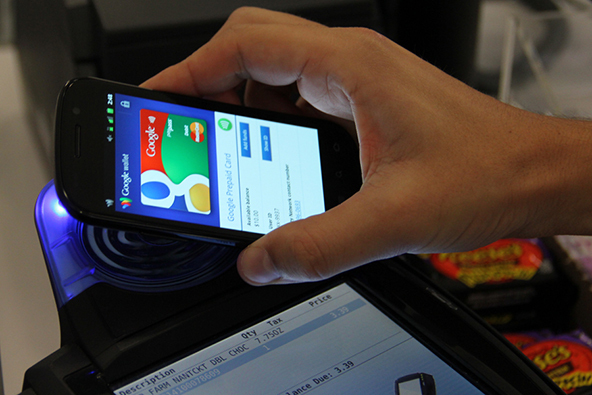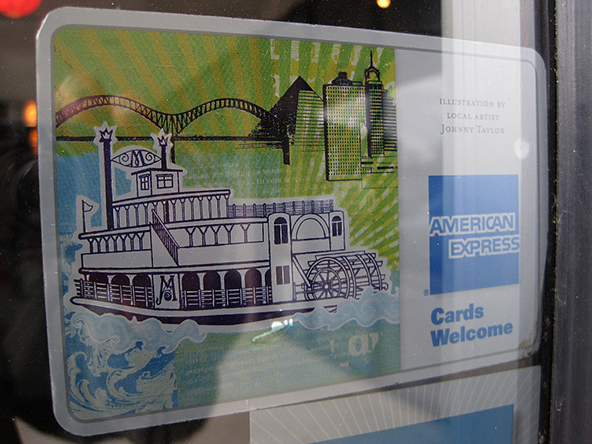Google Wallet and the Bane of Multiple Payment Choices

The blogosphere has been abuzz over a Reuters report claiming that Google is pressuring Android app and mobile game developers to accept payments exclusively through Google Wallet — its new payment platform. Developers getting paid through other services (e.g. PayPal, Zong or BOKU), have been warned that if they continued to do so, their apps would be removed from Google Play, which is how Android Market is now known.
On the face of it, this doesn’t sound like something that should be getting that much attention. After all, Apple and Facebook have both set precisely the same requirement for developers selling digital wares on their own app stores and no one has made much fuss about it. So what’s so different with Google? Well, up until now Android developers could accept other, and much cheaper, payment methods. Now that they are being forced to switch to Google’s in-house payment platform, that has brought into focus the incredibly high processing fees charged by the three app store owners.
But what I find to be the most baffling part of the discussion is that some commentators are hailing Google’s move, because, they say, by limiting the choices at the checkout, it precludes confusion and increases the checkout rate. What? If you think mobile checkouts are confusing, what would you say about e-commerce ones? And I haven’t heard anyone complain about too many choices there. But the reaction to Google’s decision also brings me back to the monopolistic status enjoyed by the three companies as the sole payment processors in their app stores and the issues it may lead to.
Google’s Warning
First though, let’s see what all this excitement is about. So Reuters tells us that Google has been sending emails to developers, asking them to stop accepting non-Google-Wallet payments or face a removal from Google Play (the Android Market). Reuters claims that it has obtained one such email.
In response, Google has told the BBC that developers had always been required to only accept Google Wallet for payment. Well, let’s see what Google’s Android Developer Distribution Agreement actually says:
In order to charge a fee for your Products, you must have a valid Payment Account under a separate agreement with a Payment Processor. If you already have a Payment Account with a Payment Processor before signing up for the Market, then the terms of this Agreement shall supersede your Payment Account terms and condition for Products sold via the Market.
You may set the price for your Products in the currencies permitted by the Payment Processor. The Market may display to users the price of Products in their native currency, but it is not responsible for the accuracy of currency rates or conversion
What is a “Payment Processor”? Developer Distribution Agreement:
Payment Processor(s): Any party authorized by Google to provide payment processing services that enable Developers with optional Payment Accounts to charge Device users for Products distributed via the Market.
So nowhere does the agreement state that Google Wallet is the exclusive payment method. On the contrary, it certainly sounds like the platform is open to other processors. So Google’s claim that their Wallet has always been the exclusive payment option simply doesn’t hold up.
Google Wallet’s 30% Payment Processing Fee and the Issue of Choice
Google has a very strong incentive to force everyone selling things on the Android Market to accept payments through its Wallet, because it takes a huge cut out of the sales price. How huge? Google Play for Developers:
For applications that you choose to sell in Google Play, the transaction fee is equivalent to 30% of the application price. For example, if you sell your application at a price of $10.00, the fee will be $3.00, and you will receive $7.00 in payment.
That’s exactly how much Facebook and Apple charge the developers of their own apps. And it’s a huge fee, especially compared to the 2 – 3 percent fee traditional processors charge merchants for card-not-present transactions. It boggles my mind. But evidently not the mind of Hugo Troche, CEO of Appsperse, a cross-promotion network for app discovery. Troche told Reuters that
[a]lthough this move by Google might seem high-handed, it reduces the friction for purchases inside Android apps and therefore makes users more valuable.
In other words, developers benefit from Google’s decision by being able to complete sales more easily. But what do developers themselves have to say about that? Here is what one of them — Si Shen, founder and CEO of Papaya , a social gaming network on Android — told Reuters:
They told people that if they used other payment services they would be breaking the terms of use?Ǫ Whether it’s right or wrong, we have to follow the rules.
Shen is not exactly brimming with excitement. And of course she wouldn’t be; Google is charging her 30 percent of the sales amount! I don’t even want to think of the things people will say about us (and to us), if we attempted to charge our merchants anything close to that rate.
And have a bit more faith in consumers! Most of us are perfectly capable of checking ourselves out of both physical and virtual stores, using the payment of our choice and without getting confused. There is no reason to expect that we would be stumped at an app store.
The Takeaway
As I wrote in my review of Facebook’s payment platform, charging a 30 percent payment processing fee will prove unsustainable in the long run. The ability to do so depends on the platform owner’s capacity to maintain a monopolistic status as the sole payment processor on its app market and that’s just not possible in today’s environment. Inevitably, either the app developers will revolt, justly, against the exorbitant fees they pay or regulators will force the companies to open up their platforms to outside processors, which will immediately bring down these fees. And, as the controversy spurred by Reuters’ story clearly indicates, either of these events can be caused by the smallest of provocations.
In the meantime, however, and I have no idea for how long the status quo will last, Google, Apple and Facebook will be racking up huge profits. Well, good for them!
Image credit: Vandtab.com.


